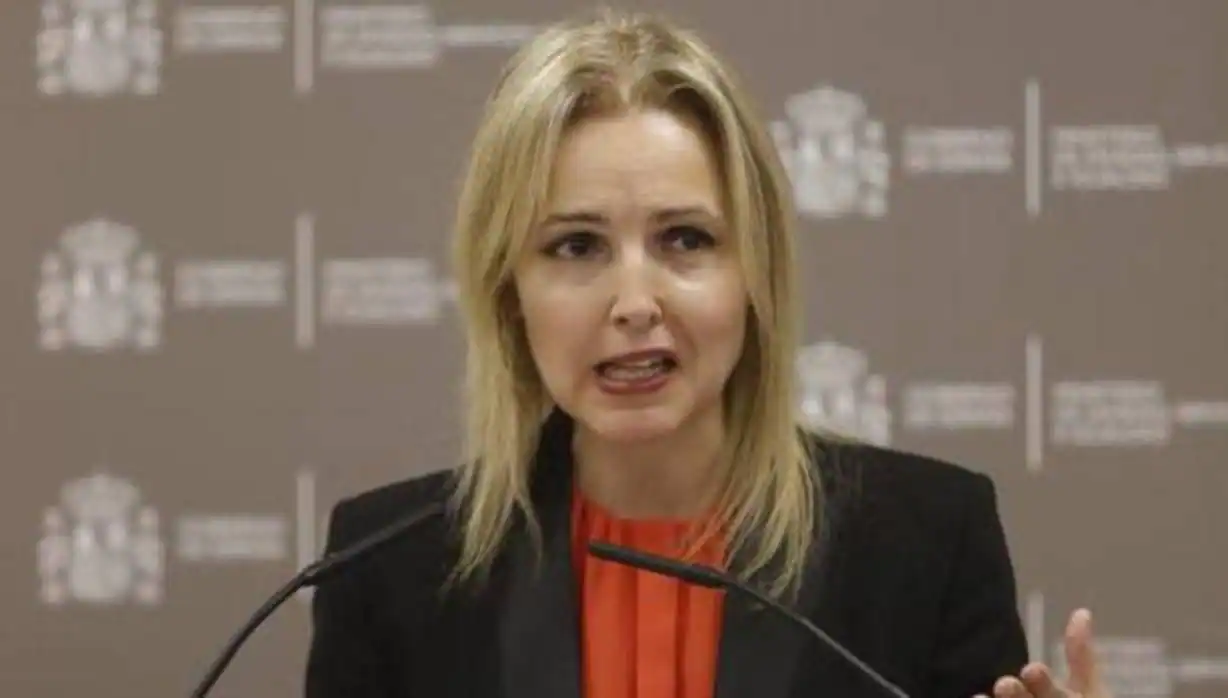Here's a paper reporting on the experience of four cross-border kidney exchange programs, whose experience teaches an important lesson. In particular (see the figure below), one of the programs is run by Spain, Italy and Portugal, whose total population of approximately 118 million people is far larger than the combined population of the other three*, but manages to do less than 5% of the total cross-border exchanges, far fewer than any of the others. Despite its size, the Spain-Italy-Portugal program only tries to match hard-to-match patient-donor pairs with other hard-to-match pairs, unlike the other three programs.
International Kidney Paired Donation Programs: Evolution and Practices of 4 Large Collaborations
Klimentova, Xenia PhD1; Domínguez-Gil, Beatriz MD, PhD2; Viana, Ana PhD1,3; Manlove, David PhD4; Andersson, Tommy PhD5; Ashkenazi, Tamar RN, PhD6; Berlakovich, Gabriela MD7; Böhmig, Georg A. MD8; Burton, Jo RN, PGDip9; Coll, Elisabeth MD, PhD2; Dittmer, Ian FRACP9; Fiaschetti, Pamela MD10; Fronek, Jiri MD, PhD11; Hughes, Peter D. MBBS, PhD12,13; Ivo da Silva, Margarida MD14; Mor, Eytan MD15; Viklický, Ondřej MD, PhD16; Weinreich, Ilse Duus BMLS17; Ferrari, Paolo MD, FRACP18,19
Transplantation ():10.1097/TP.0000000000005602, December 24, 2025. | DOI: 10.1097/TP.0000000000005602
"Plain Language Summary: Kidney paired donation (KPD) programs are organized in various countries to facilitate the donation of kidneys from willing but incompatible donors by matching them with pairs in similar situations. These programs often struggle with an accumulation of difficult-to-match recipients and small pools of incompatible pairs. To address this, several international collaborations have emerged to expand the pool sizes and increase the number of transplants by “exchanging” donors’ kidneys across countries. We identified 4 established international KPD programs, each supported by protocols and agreements signed by the participating parties. Each program is presented separately, detailing its historical establishment, operational aspects, and statistics on pool characteristics and performance. Following this, we provide a comparative analysis of key aspects across the 4 programs. Each program has its unique context and specificities. Even though 3 of 4 collaborations started just before the COVID-19 pandemic, they have collectively facilitated >450 transplants. This underscores the importance of further developing these collaborations to share practices and experiences, and to facilitate more transplants, particularly for difficult-to-match recipients. Three of the 4 presented collaborations are either fully operated or led by European countries. This highlights the crucial role of ongoing international cooperation in the development of KPDs, in particular in Europe. By further promoting collaboration among countries, we can facilitate pan-European exchanges and improve access to live kidney transplants for patients in need.
...
"A fundamental difference between the programs is their collaboration model. STEP, ANZKX, and the Czech-Austrian-Israeli collaboration operate as “merged pool” model, where all participating pairs are combined for joint matching runs. For STEP and ANZKX, no other matching runs are conducted by partners at any level (hospital or national), whereas in the Czech-Austrian-Israeli collaboration, the Austrian and Israeli partners report performing local exchanges whenever compatible pairs are identified.
"In contrast, KEPSAT uses a “sequential pool” model, where national matches are attempted first, and only unmatched pairs are entered into the international pool. It is recognized that the last 2 strategy strategies may lead to a fragmented market, potentially limiting matches for highly sensitized patients, as easier-to-match pairs are removed beforehand."
It's ironic that a program that appears to be intended primarily to help hard-to-match pairs is organized in a way that limits them in this way.
The paper concludes on an optimistic note (with which I fully agree):
"In conclusion, ongoing international cooperation is essential for advancing KPD programs globally. Expanding cross-border exchanges and improving access to kidney transplants can greatly benefit patients worldwide. Additional strategies, such as NDADs, desensitization protocols, and the inclusion of compatible pairs, can further enhance the effectiveness of both national and international programs. Oversight of these initiatives is crucial to safeguarding the welfare of both donors and recipients, as well as to maximizing the success rates of kidney transplants.
"Looking ahead, new initiatives, and projects, funded by international health organizations, such as the European Kidney Paired Exchange Programme project (https://www.hnbts.hu/euro-kep/project), funded by EU4Health and starting in November 2024, aim to expand global collaboration among KPD programs, building on and strengthening existing partnerships. This increased international cooperation is expected to create additional opportunities for patients in need of kidney transplants worldwide, making life-saving transplants accessible to more individuals regardless of their geographic location."
########
Earlier: Portuguese transplant docs noted the problem and argued for more global kidney exchange:
Tuesday, March 12, 2024 Kidney exchange between Portugal and Spain, and prospects for global kidney exchange
#########
*Notes on population:
Spain: 49 million; Italy 59 million; Portugal 10 million ; KEPSAT total pop = approx 118 million
Australia 28 million; NZ 5 million: ANZKX total pop approx 33 million
Austria: 9 million, Czech Republic 11 million, Israel 10 million: AT-CZ-IL total 30 million
Sweden: 11 million; Norway: 6 million; Denmark 6 million; Finland 6 million: STEP total approx 29 mil







